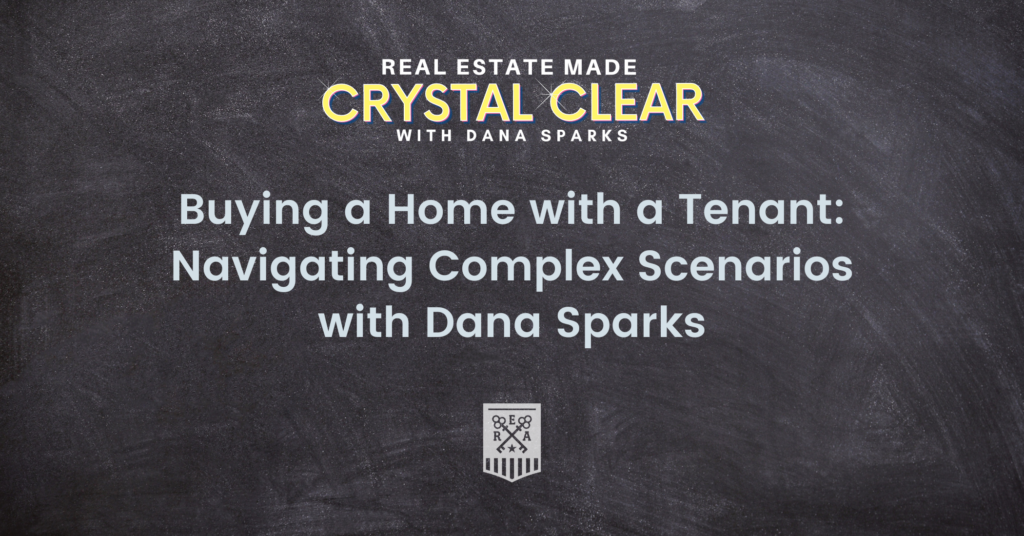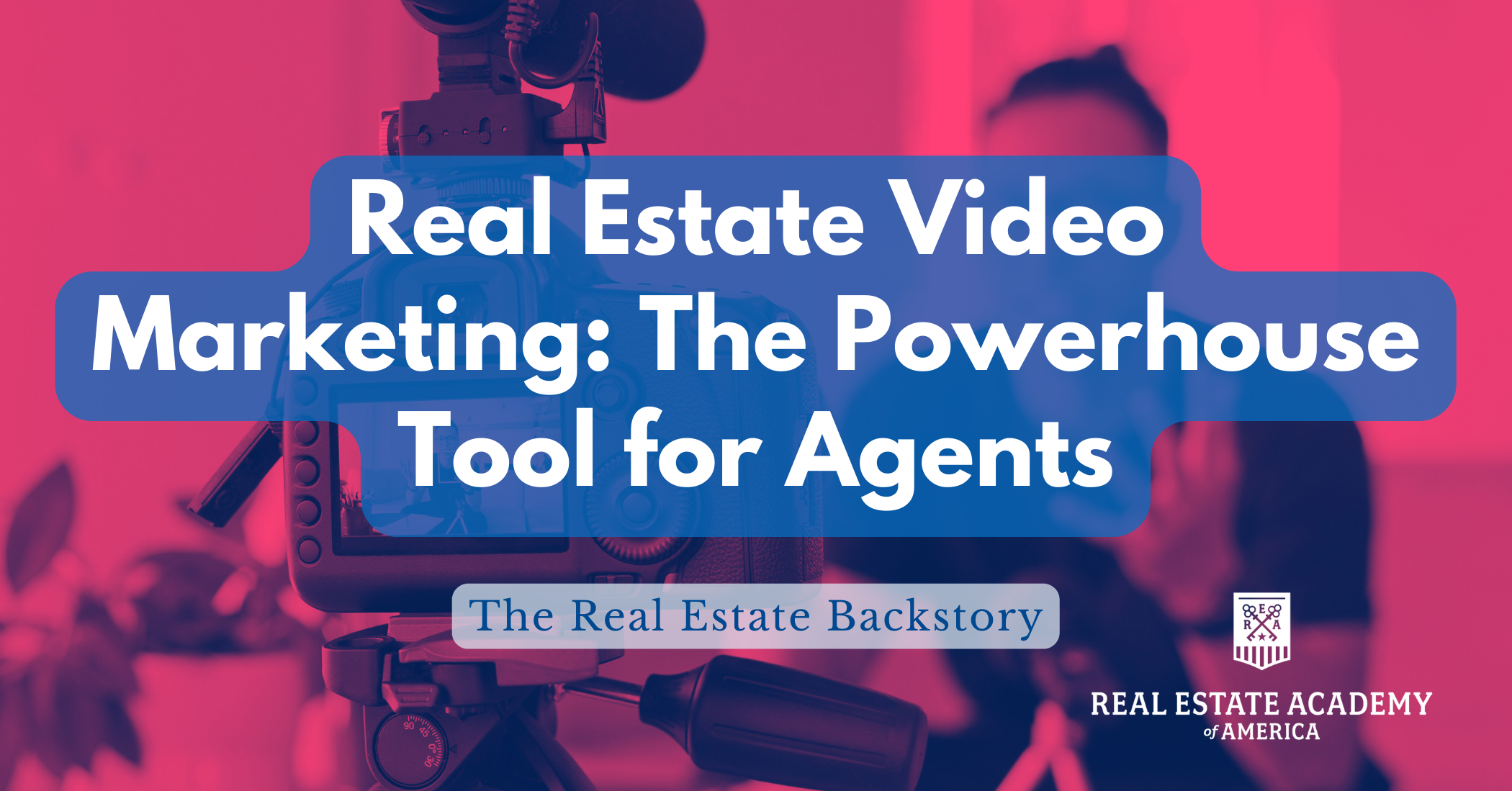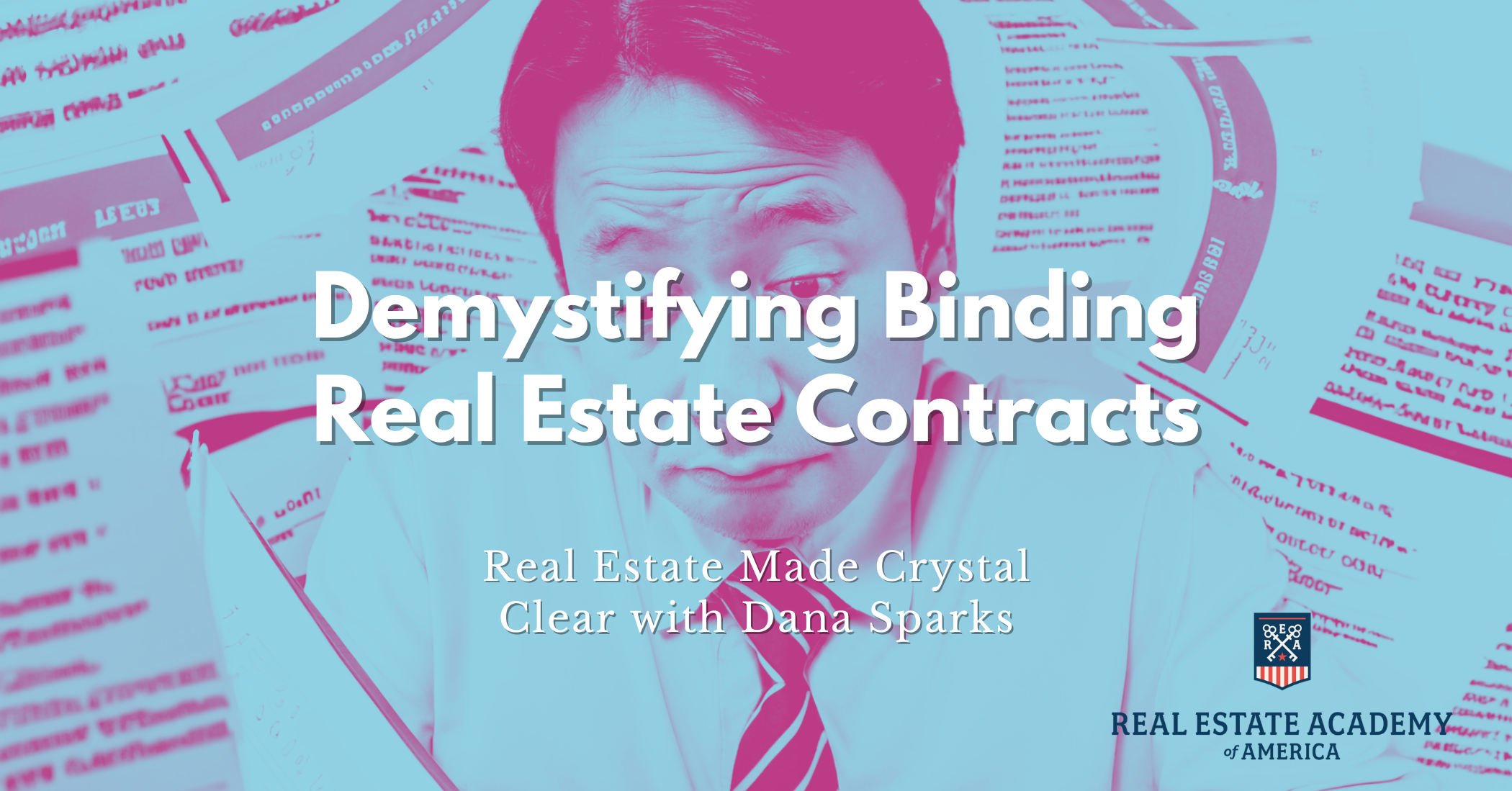When buying or selling a property that has a tenant, you’re venturing into complex legal territory. In this article and the video below, Dana Sparks, broker of Maximum One Greater Atlanta Realtors and director of the Real Estate Academy of America, shares her insights on this issue for real estate professionals and interested parties alike.
In the video, Sparks addresses scenarios involving purchase and sale agreements for properties where a tenant currently lives. As she notes, different situations require distinct approaches, whether you’re a buyer, a seller, or a real estate agent. To gain a full understanding, watching the entire video is highly recommended.
Determining Occupancy
Firstly, if a buyer’s agent shows a property and someone is living there, the initial step is to identify whether the occupant is the owner. If the occupant is not the owner, a tenant could be in place, in which case the buyer’s agent should request a copy of the lease agreement.
From the seller’s side, if the property is rented out or occupied by someone like a family member without a lease, this situation should be discussed ahead of time to avoid complications down the line.
Dealing with an Occupied Property at Closing
Let’s imagine you have a binding contract on a property, but the tenant is refusing to leave by the closing date. This situation brings up several questions, including responsibilities, whether to close, who defaults if you don’t close, and many more.
The contracts at play here are the purchase and sale contract and the lease agreement. Each can provide guidelines on how to proceed.
The GAR Purchase and Sale Agreement and Occupied Properties
The GAR Purchase and Sale Agreement provides a roadmap for situations like these. This agreement states that the seller warrants at the time of closing to convey the property, free and clear of trash, debris, and personal property, among other things. The buyer, in turn, agrees to assume the seller’s responsibilities in any leases specified in this agreement.
The agreement also contains clauses addressing occupancy, ensuring that the buyer and seller know who is occupying the property and under what circumstances.
Exploring the Lease Agreement
In the case of a lease agreement, the buyer’s agent will need to scrutinize the lease terms, including its expiration date and any provisions for early termination. It’s also essential to ascertain if the occupant is a month-to-month tenant or a tenant at sufferance, which refers to a person occupying a property without a lease.
If there is no lease or it is month-to-month, the Georgia landlord-tenant laws require the landlord or owner to give the tenant a 60-day notice to vacate the property. If the tenant is at sufferance, eviction proceedings can commence.
Closing on a Property with a Tenant
If there’s no reference to a lease in the purchase and sale agreement, it’s the seller’s responsibility to ensure the property is vacant at the time of closing. Failure to do so could result in a seller default.
However, if the lease is specified in the agreement and the tenant doesn’t vacate by closing, the buyer must still close on the property. The buyer then steps into the landlord’s shoes with respect to the lease.
Role of the Real Estate Agent
As a real estate agent in these situations, the initial step is understanding who is living in the property. If the buyer plans on occupying the property, it’s critical to involve the lender since lending guidelines often require the buyer to occupy the property within 60 days.
There are multiple avenues to explore when dealing with tenants at sufferance or who won’t vacate, such as extending the purchase and sale agreement or offering cash for keys.
For further information and guidance on the topic, stay tuned for Sparks’ upcoming video on the Temporary Occupancy Agreement for a seller who stays in the property after closing. For now, check out this video for more insights on navigating complex real estate scenarios. Remember, knowledge is power in the ever-evolving real estate market.
If you appreciate Sparks’ clarity and insight, consider subscribing to her channel, where she continuously aims to make even the most intricate real estate situations ‘crystal clear’.





